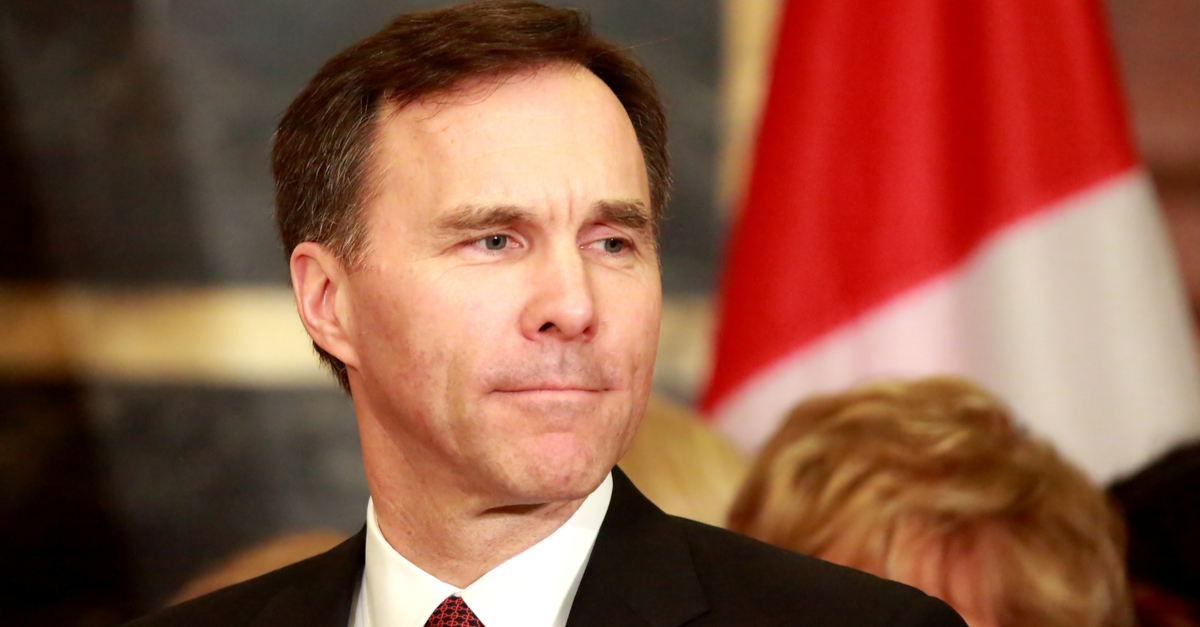Yesterday, Canada’s Minister of Finance Bill Morneau tabled a fiscal update that shows that the federal government’s deficit is expected to reach $343 billion this year. This deficit shows the highest federal spending record since the Second World War.
Additionally, the Canadian economy is projected to shrink by 6.8% this year. However, it is expected to bounce back by 5.5% next year.
The level of financial support provided by the government has increased the debt-to-GDP ratio from 31% in 2019-20 to 49% in 2020-21.
The unemployment rate in Canada in May 2020 reached a high of 13.7%.
The Canada Emergency Wage Subsidy (CEWS) will cost the economy $82.3 billion, while the Canada Emergency Response Benefit (CERB) is expected to cost around $80 billion.
OSPE understands that all levels of government are going through unprecedented times. Canada’s fiscal position today reflects past decisions, both good and bad, undertaken by parties of all stripes and colours. However, Canada and Ontario’s fiscal position one, two, and five years from now will definitely reflect the decisions that all governments take now.
To ensure preparedness for future events and build an economy that is strong and benefits all people, it is imperative that new funding allocations provide a sustainable benefit for diverse, future generations by ensuring a targeted focus on building sustainability, investing in talent development and retention, and fostering innovation.
A resilient economy can be supported by:
- Leveraging Ontario’s and Canada’s existing assets
- Building the assets that both businesses and workers of the future need to succeed
- Strengthening Ontario’s and Canada’s competitive advantage
The engineering community believes that Ontario and Canada’s economic recovery plan requires short-term investments in key sectors that will propel our province and country to continued growth in the next months and years to come. These measures should support technologies that drive efficiencies and reflect the work force reality post COVID-19.
Engineers understand innovation and the reality of Ontario and Canada’s financial and fiscal future. Engineers believe in the importance of investing and developing key sectors that will provide high returns and contribute broadly to the wellbeing of Ontarians. Engineers are inventive thinkers who develop comprehensive solutions that consider costs, benefits, sustainability and public safety—the complete lifecycle and integration of projects.
OSPE’s recommendations to government are in line with this thinking. Engineers can drive the economy while protecting the environment and the public interest.
OSPE is calling on both the federal and provincial governments to prioritize “shovel worthy” infrastructure projects, and not just “shovel ready” ones.
OSPE believes that prioritized investment in sustainable infrastructure will help alleviate the economic burden the province is facing, while decreasing unemployment rates in several critical sectors of the economy. Developing a comprehensive project investment pipeline document, informed by existing regulated municipal asset management plans, will facilitate the prioritization of ”shovel worthy” works by immediately utilizing these plans to select projects for investment, the province will be able to reduce application timelines and ensure a speedy and safe recovery.
OSPE has stressed to all levels of government that key decisions on infrastructure should be evidence-based and made in consultation with professionals who have expertise in infrastructure, including engineers. As OSPE’s CEO Sandro Perruzza, states “engineers are key to the effective design and development of virtually all aspects of infrastructure. It is incumbent upon OSPE to place engineers at the forefront of those who determine where funds should go so projects get done.”
OSPE has also emphasized the importance of short, medium and long-term supports that create a prhttps://ospe.on.ca/wp-content/uploads/2024/10/academy-banner-7.pngrous transition to a knowledge-based, innovative economy that engineers are key in helping create and sustain.
Some of our other recommendations include:
- Provide further relief to Ontario’s businesses and families by making surplus electricity available at current market rates.
- Upgrade and modernize the digital infrastructure that will ensure businesses and workers succeed.
- Support local manufacturing innovation and production
- Implement a clear and transparent analytical process to review new and existing programs, policies and initiatives in order to identify who in Ontario will benefit, who might be harmed and who will be left out – as part of the approval and provincial funding process.
- Work towards a sustainable transition, by encouraging the use of Distributed Energy Resources (DERs) and emissions free technology.
- Accelerate the electrification of the transportation system, including EV adoption.
- Modernize Ontario’s Building Code.
- Invest in talent development, knowledge training, and supports for engineers across the province.
- Support engineering students and recent engineering graduates.
- Drive the transformation of engineering education.
- Create a dedicated fund to support Ontario businesses in Research and Development (R&D) activities with a strong focus on local commercialization, including development and protection of Intellectual Property (IP) for Ontario and Canada’s benefit.
- Invest in Ontario’s Mining Industry to ensure proper clean-up of Ontario’s orphaned and abandoned sites.
- Improve home affordability by eliminating the HST on new construction home purchases





Leave a Comment